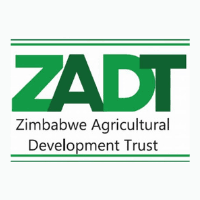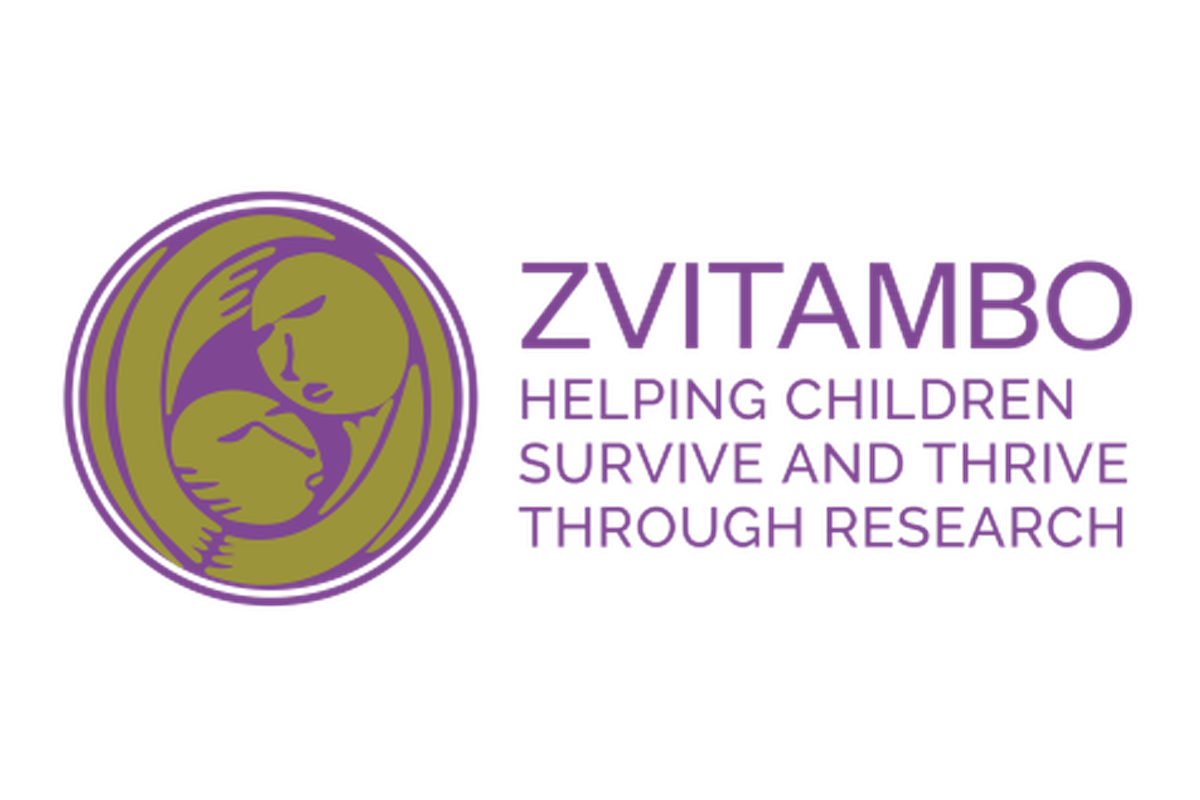Baseline Health Systems Audit and Baseline Study
Consultancy, Research Jobs
Job Description
Background to Human Impact Hub (Hi-Hub)
Founded in 2015, Hi-Hub is an innovative, mission-driven private voluntary organization (PVO13/19) dedicated to addressing the root causes of poverty and promoting equitable access to essential services including clean water, sanitation, hygiene, health, education, food security, and sustainable livelihoods for vulnerable and marginalized communities.
Since its founding, Hi-Hub has implemented impactful interventions across diverse contexts, with operational experience in seven districts of operation in Zimbabwe and ongoing programs across these districts.
We work collaboratively with a broad ecosystem of stakeholders including government ministries, development agencies, donors, civil society organizations, private sector actors, academic institutions, and grassroots partners to generate lasting and locally anchored impact. Our strong network of local partners ensures that our solutions are both context-specific and responsive to the realities on the ground.
By maintaining a presence in strategically important provinces, we are able to build trust, understand local governance systems, and co-create culturally sensitive and policy-aligned interventions. As an organization aligned with international humanitarian norms, we adhere to Humanitarian Principles, International Humanitarian Law (IHL), the Core Humanitarian Standards (CHS), the Humanitarian Charter, and the Sphere Standards for disaster response and accountability.
Duties and Responsibilities
Background of the Enhancing Primary Health Care in Rural Zimbabwe (EPHE)
The EPHE project seeks to strengthen the delivery and utilization of primary health care services in selected rural districts to advance progress toward Universal Health Coverage (UHC). The project addresses key challenges affecting rural health systems, including inadequate infrastructure, shortages of skilled personnel, limited medical supplies, and weak information systems. In alignment with the Ministry of Health and Child Care (MoHCC) National Health Strategy and the Primary Health Care Revitalization Framework, EPHE employs an integrated approach that combines health systems strengthening, community-based interventions, digital health innovations, and capacity building for frontline and village health workers. To inform effective implementation, a baseline study and health systems audit will be undertaken to establish benchmark data on key health indicators and assess facility readiness in areas such as human resources, infrastructure, service delivery, governance, and data management. The findings will guide project planning, strengthen collaboration with stakeholders, and support the development of resilient, efficient, and people-centered primary health care systems in rural Zimbabwe.
Purpose of the Assignment
The purpose of the Baseline Study and Health Systems Audit is to establish the initial status of primary health care delivery, infrastructure, human resources, and community engagement systems within the EPHE project’s target districts. This assessment will provide a comprehensive understanding of existing service delivery capacities, gaps, and opportunities across key health domains including maternal and child health, non-communicable diseases, and mental health. The baseline will generate critical benchmark data against which project progress and outcomes will be measured over time, while the health systems audit will evaluate the functionality, efficiency, and resilience of targeted health facilities in line with the WHO Health Systems Framework. Collectively, the findings will inform evidence-based planning, guide resource allocation, and strengthen project implementation, ensuring that interventions are contextually relevant, sustainable, and aligned with national health priorities.
Objectives of the Baseline Study and Health Systems Audit
1. Baseline Study Objective
Objective: To establish the current status of primary health care delivery and community health outcomes in the EPHE target districts, providing a comprehensive reference point against which progress, performance, and impact of project interventions can be measured over time.
Guiding Questions:
What is the current status of primary health care service delivery and community health outcomes in the target districts?
What are the baseline levels of key health indicators related to RMNCH, NCDs, and mental health?
How equitably are health services accessed and utilized across different population groups, including by gender and location?
How can the collected baseline information inform the development of a framework for monitoring, evaluation, accountability, and learning (MEAL)?
Health Systems Audit Objective
Objective: To assess the functionality, capacity, and resource gaps within the existing health system in the EPHE target districts, identifying potential entry points and priority areas for targeted support to strengthen health facilities and improve service delivery.
Guiding Questions:
How functional and adequately resourced are rural health facilities in terms of infrastructure, staffing, and availability of essential medicines and supplies?
What systems and processes exist for health data collection, reporting, and use at facility and district levels?
How are community health structures—such as Village Health Workers (VHWs) and Health Centre Committees (HCCs)—contributing to service delivery and community engagement?
What key opportunities and priority areas can be identified to strengthen the health system’s six building blocks and enhance service delivery under the EPHE project?
Scope of Work
The baseline study and health systems audit will be conducted across selected rural health facilities and communities in Bulilima, Chirumanzu, Gwanda and Shurugwi districts. The assignment will combine quantitative and qualitative methodologies to generate comprehensive data that will inform project implementation, monitoring, and evaluation frameworks.
5.1 Geographic Coverage
The study will be implemented in Bulilima, Chirumanzu, Gwanda and Shurugwi districts which are target project districts and their respective catchment areas, including selected rural health facilities, outreach sites, and surrounding communities. The sampling frame will ensure representation of different facility levels (rural health centres, district hospitals) and community health structures (Village Health Workers, Health Centre Committees /Health Facility Committees, community leaders).
5.2 Key Thematic Areas
The study will cover, but not be limited to, the following thematic areas:
Primary Health Care Service Delivery: Availability, accessibility, and quality of essential health services, including RMNCH, NCDs, and mental health.
Health Workforce: Staffing levels, skills mix, workload, supervision, and motivation of health personnel and Village Health Workers (VHWs).
Health Information Systems: Functionality of data collection, management, and reporting systems (including DHIS2), and readiness for digital health solutions.
Medicines, Equipment, and Supplies: Availability, functionality, stock management, and supply chain performance.
Health Financing: Sources, flow, and adequacy of financial resources for service delivery at facility and district levels.
Leadership and Governance: Coordination mechanisms, decision-making processes, and accountability structures within facilities and districts.
Community Health and Social Inclusion: Health-seeking behaviors, gender and equity considerations, participation of marginalized groups, and community engagement in health promotion and service delivery.
Qualifications and Experience
Consultant Qualifications
The consultant or consulting firm is expected to possess a solid academic and professional background in public health and health systems research. A postgraduate qualification in Public Health, Health Systems Management, Epidemiology, or a related field is required. The consultant must have a minimum of seven (7) years’ experience in conducting health systems assessments, baseline studies, or programme evaluations, preferably within the Zimbabwean health sector. A comprehensive understanding of the Ministry of Health and Child Care (MoHCC) structures, policies, and operational frameworks is essential. The assignment requires strong analytical and report writing skills, demonstrated ability to interpret data effectively, and the capacity to undertake multi-site fieldwork within tight timelines.






